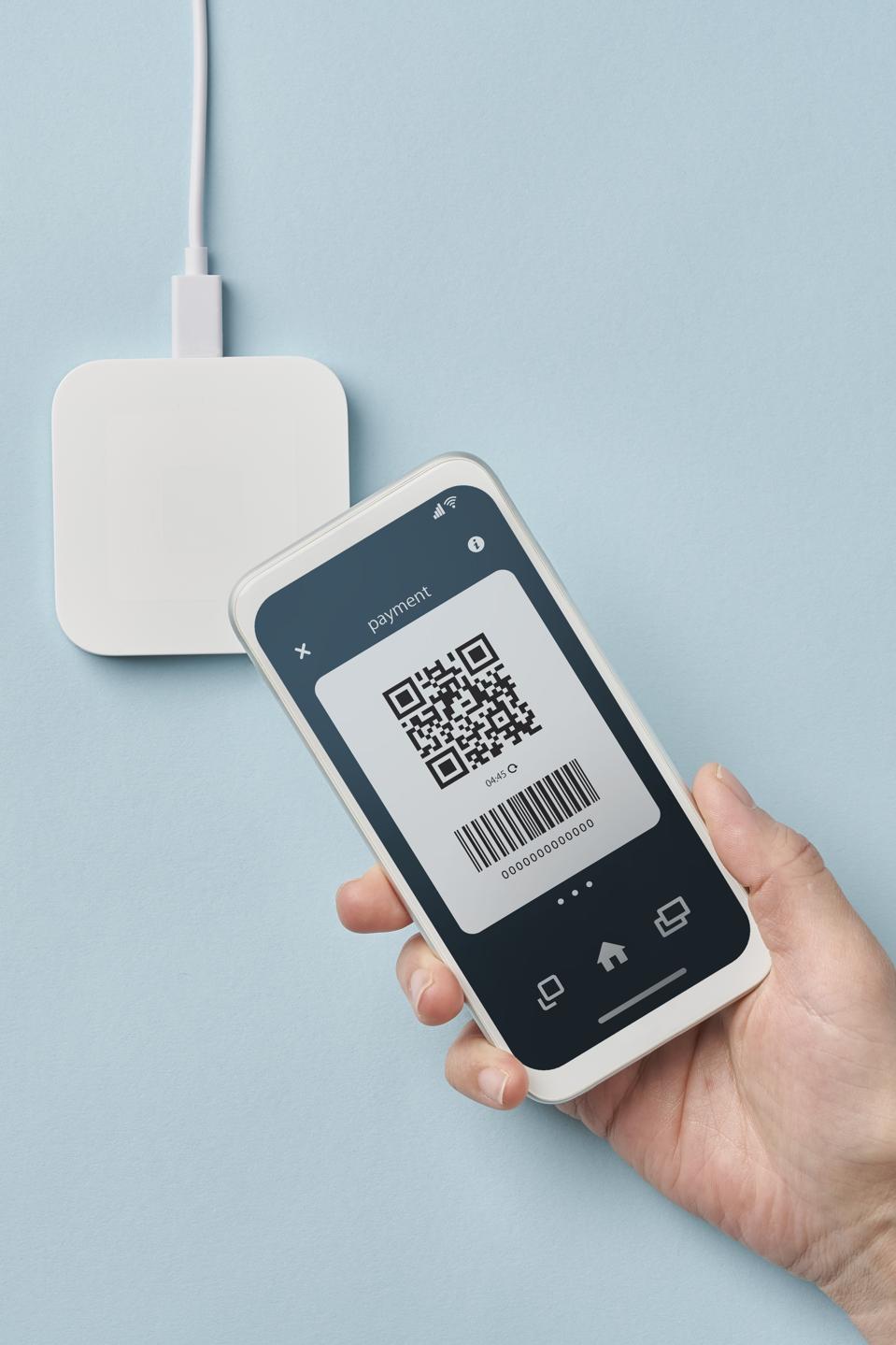June 26, 2020 10:30pm ET This article is updated with the correct spelling of Amy Luo, a leading crypto and blockchain attorney at Coinbase, who shared her opinions on the new Charter in her personal capacity.
Yesterday, the new Acting Comptroller of the Office of the Comptroller of the Currency (OCC) revealed to the American Bankers Association (ABA) about his plans to unveil a new national ‘Payments Charter 1.0’ in the fall of 2020. The OCC is the supervisory agency for federal bank charters, including institutions such as Wells FargoWFC and JPMorgan Chase
In the podcast yesterday, Acting Comptroller Brian Brooks sat down with Evan Sparks, the Editor-In-Chief of the American Banking Journal, and started off his interview by sharing, “It’s not clear that customers always want their financial services in a bundled form.” Brooks continued, “One of the reasons for a rise in FinTech is an unbundling that is happening.” Brooks is quickly proving himself to be a maverick in his new role. Sparks jokingly described Brooks at the beginning of the interview as the Acting Comptroller of the Cryptocurrency based on his background from working at Coinbase and his focus on crypto at the OCC. Coinbase is the largest cryptocurrency exchange in the U.S. with over 30 million users, as well as the former employer of Brooks, who worked there as Chief Legal Counsel.

Contact less payment
In describing what customers want and the evolution of what ‘banking’ is today, Brooks went on to note that the OCC for decades has said that a bank is an institution that engages in any of the following three activities: lending, deposits, and payments. For those companies looking for a national licensing platform for their payments business, Brooks announced that in the Fall of 2020, the first version of a potential ‘Payments Charter’ would be unveiled by the OCC. Such a Charter would grant the institution a federal pre-emption, or a federal money transmitter license, eliminating the need to go to all 50 states and obtain a license to operate in each state.
Brooks notes that cheap deposits used by banks are less relevant for the more ‘tech-enabled’ FinTechs, where these cheap sources of lending are less relevant. ‘I don’t buy the argument that granting a special purpose charter is somehow an existential threat to the banks,’ says Brooks. Furthermore, Brooks notes that given how many of those in financial services are global businesses, it is harder for the U.S. to argue why these companies need licenses at the state, not federal, level.
So for Version 1.0 of the Payments Charter, Brooks laid out a national version of a state money transmission license that provides the advantage of a national platform with pre-emption from the states. In Version 2.0, approximately 18 months after roll-out, Brooks estimates that these institutions would then be able to have access to the Federal Reserve.
Last year, an article in Forbes predicted that 2020 would be the year when a showdown in court between the OCC and the states might occur on the OCC’s authority. Last October, the Southern District of New York ruled in favor of the New York Department of Financial Services (NYDFS) against the OCC last year.
Brooks argued yesterday on the podcast that, when the OCC has granted an entity a bank charter, this makes the institution eligible for FDIC insurance. He further went on to note that this did not mean the institution had to hold accounts protected by FDIC insurance, but simply by being eligible to do so under an OCC charter was the authority needed to provide a federal Payments license.
Ultimately, Brooks made clear he believes the bank charter has to evolve to fulfill the national mandate of his agency. He also touched on the Community Reinvestment Act (CRA), a law under which traditional banks must show efforts to meet the needs of low and moderate income neighborhoods. Brooks described the idea of applying something similar to these Payments Charters.
After Brooks described the evolving need of customers and that the bank charter has to evolve to fulfill its national mandate, Sparks asked whether the preferences of the bank should also be considered as well as that of the customer. Sparks also asked about how differing opinions at other Federal agencies may create roadblocks as well. Brooks stated he felt that after Payment Charter 1.0 operates for an 18-month period, that the Fed and others would see how to regulate these institutions and become more comfortable with the idea of granting Fed access. Brooks did note the ‘Fed sees some amount of risk with this. They will want to observe for a while.’ Brooks conceded it will, ‘…depend on how persuasive I can be.’
I spoke with Amy Lu0, Senior Counsel, Global Business Development and Stablecoins at Coinbase, who in her personal capacity commented, “A federal Payments Charter has the potential to democratize the playing field, promote innovation, and make financial services accessible to those that need it most in a way that still ensures there is strict regulatory oversight and protection for consumers.”
Luo opined that a national Payments Charter has the potential to allow for more U.S. businesses to compete and ultimately bring better products and services to market. “Anyone that has had to deal with state-by-state money transmitter licensing will know how difficult it is to navigate the patchwork of requirements, especially with regards to new technologies such as virtual currencies. Often, only the largest players have access to the resources required to undergo this intensive analytical exercise, and even then, there is no certainty that they have gotten it right,” said Luo.

No Comments
Leave a comment Cancel